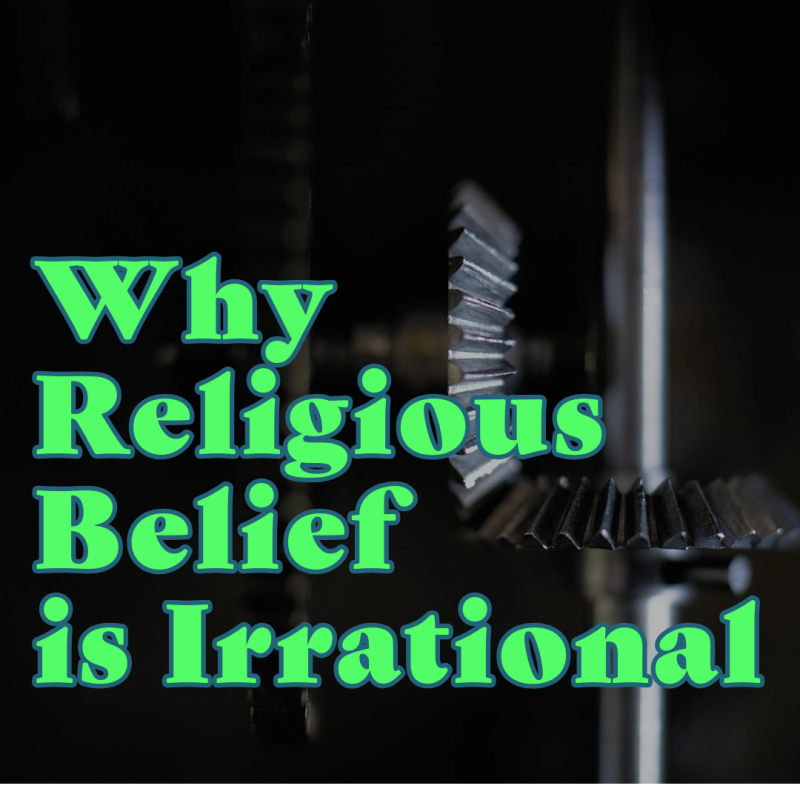What we Believe
History of Mental Health Beliefs Part One
“This video takes viewers on a journey through the history of mental health beliefs, beginning over a million years ago with early human survival and care. It explores how ancient cultures — from Egypt and Greece to Indigenous traditions — tried to explain unusual behaviors through myths, spirits, and medicine. By tracing these early ideas, the video shows how compassion, superstition, and cultural values shaped the first attempts to understand the human mind.”
History of Mental Health Beliefs Part Two
“This video continues the story of how societies understood mental health, moving into the modern era of psychiatry. It examines the creation of the DSM, the rise and fall of the chemical imbalance theory, and the role of marketing in shaping beliefs about mental illness. The video also highlights emerging perspectives — from neuroscience to diet and lifestyle — that challenge old myths and point toward more holistic ways of supporting mental well-being.”
What we Believe
Self Esteem and Mental Health
The Self-Esteem and Mental Health video explores how the way we see ourselves directly impacts both our emotional well-being and our physical health. It challenges myths pushed by psychiatric marketing—like the debunked “chemical imbalance” theory and the idea that mental illness is permanent—showing instead that self-esteem can foster resilience, lower stress, improve sleep, and even protect the heart. The message empowers viewers to make informed choices about their mental health, embracing the biopsychosocial model while respecting those who use medication.
What we Believe
Recovery from Religion
In this video, Tom shares his journey of breaking free from religion’s grip and rediscovering his own worth. Speaking as a librarian from Soho, he reflects on childhood fears, the weight of guilt and prejudice, and the way religious claims crumbled under the lens of critical thinking. Tom explores how history, archaeology, and scholarship reveal the Bible as human storytelling rather than divine truth, and why evidence matters more than dogma.
This isn’t just about disproving God — it’s about healing from fear, guilt, and control. Tom shows how recovery from religion means reclaiming freedom, building community, and embracing science, reason, and compassion. It’s a message of hope: you are not broken, you are human, and you are free to write your own story.
What we Believe
Why be an Atheist
Why be an atheist? Because atheism frees us from fear and superstition. Religion often tells us what to fear, who to love, and who we are allowed to be. It demands obedience and labels doubt as weakness. But atheism starts with the simple idea that we don’t need divine permission to live meaningful lives. It allows us to let go of guilt, shame, and fear of punishment, and instead build our values on compassion, evidence, and reason.
Atheism doesn’t take away wonder — it expands it. The universe, evolution, consciousness, and the vastness of time and space are more extraordinary than any myth. Science invites us to ask questions endlessly, without being limited by dogma. Atheism gives us the freedom to live authentically, to decide for ourselves what is right and good, and to create purpose in the here and now. It is not about rejecting life’s mysteries, but about embracing them with honesty, curiosity, and courage. To be an atheist is to claim your own life — fully, freely, and without apology.”
What we Believe
Thanks for watching — and be sure to explore the website to check out our other workshops. We’ve created ten in total, each offering fresh insights and tools for building stronger mental health and greater personal freedom.
Summary
This video highlights three core themes of belief explored in our "What we Believe" workshops. History of Mental Health Beliefs looked at how people in the past understood mental health challenges and the practices that shaped care. Self-Esteem and Mental Health explored how our sense of self-worth directly affects stress, health, and recovery. Recovery from Religion examined how harmful religious myths can damage confidence, and how breaking free opens the way to healing.
Each section is told through a voice of lived experience, reflecting the diversity of our global membership while keeping the focus on shared ideas. Together, our members highlight a simple truth: once we start calling out the lies we’ve been taught, we open the door to healthier ways of seeing ourselves and living our lives.


































